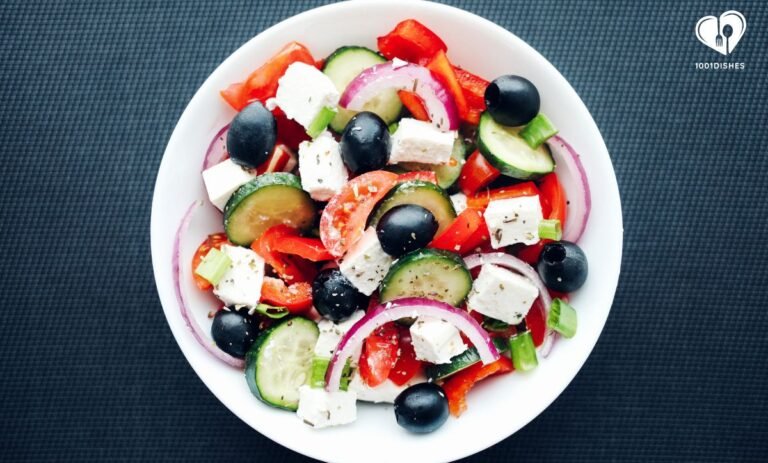The Benefits of a Mediterranean Diet: Why You Should Give It a Try
The Mediterranean diet is renowned for its health benefits and delicious flavors. Embracing this diet can lead to improved well-being and a more enjoyable eating experience. Here’s why you should consider giving the Mediterranean diet a try:
1. Heart Health
One of the standout benefits of the Mediterranean diet is its positive impact on heart health. The diet emphasizes healthy fats, such as those found in olive oil and nuts, which can help lower bad cholesterol levels and reduce the risk of heart disease.
- Key Components: Olive oil, fatty fish (salmon, mackerel), nuts, seeds.
2. Weight Management
The Mediterranean diet focuses on whole, unprocessed foods, which can help with weight management. By emphasizing fruits, vegetables, and whole grains, it promotes satiety and reduces the likelihood of overeating.
- Key Components: Fresh fruits, vegetables, whole grains, legumes.
3. Improved Digestion
High in fiber from fruits, vegetables, and whole grains, the Mediterranean diet supports digestive health. Fiber aids in regular bowel movements and promotes a healthy gut microbiome.
- Key Components: Whole grains, beans, lentils, leafy greens.
4. Reduced Risk of Chronic Diseases
Research shows that the Mediterranean diet may lower the risk of chronic diseases, such as type 2 diabetes and certain types of cancer. The diet’s emphasis on antioxidants from fruits and vegetables contributes to its protective effects.
- Key Components: Berries, tomatoes, leafy greens, nuts.
5. Enhanced Brain Function
The Mediterranean diet is linked to better cognitive function and a lower risk of neurodegenerative diseases. The inclusion of healthy fats, particularly from olive oil and fish, supports brain health and cognitive performance.
- Key Components: Olive oil, fatty fish, nuts, seeds.
6. Anti-Inflammatory Effects
Chronic inflammation is a root cause of many diseases. The Mediterranean diet’s focus on anti-inflammatory foods, such as olive oil and fatty fish, helps to reduce inflammation and promote overall health.
- Key Components: Olive oil, fish, tomatoes, nuts.
7. Increased Longevity
Studies suggest that following the Mediterranean diet can contribute to a longer and healthier life. Its balanced approach to nutrition supports overall well-being and longevity.
- Key Components: Fresh fruits, vegetables, whole grains, lean proteins.
8. Enjoyable Eating Experience
The Mediterranean diet is not just healthy—it’s also delicious. It emphasizes flavorful, fresh ingredients and cooking methods that make meals enjoyable and satisfying.
- Key Components: Herbs and spices (basil, oregano), fresh vegetables, flavorful dressings.
9. Social and Cultural Benefits
Eating a Mediterranean diet often involves sharing meals with family and friends, which can enhance social connections and cultural experiences. This aspect of the diet promotes a positive relationship with food and eating.
- Key Components: Family meals, traditional recipes, communal eating.
10. Sustainable and Varied
The Mediterranean diet supports sustainability with its emphasis on plant-based foods and local ingredients. It also offers a wide variety of foods, making it easy to adapt and enjoy different meals.
- Key Components: Seasonal produce, local grains, diverse recipes.







